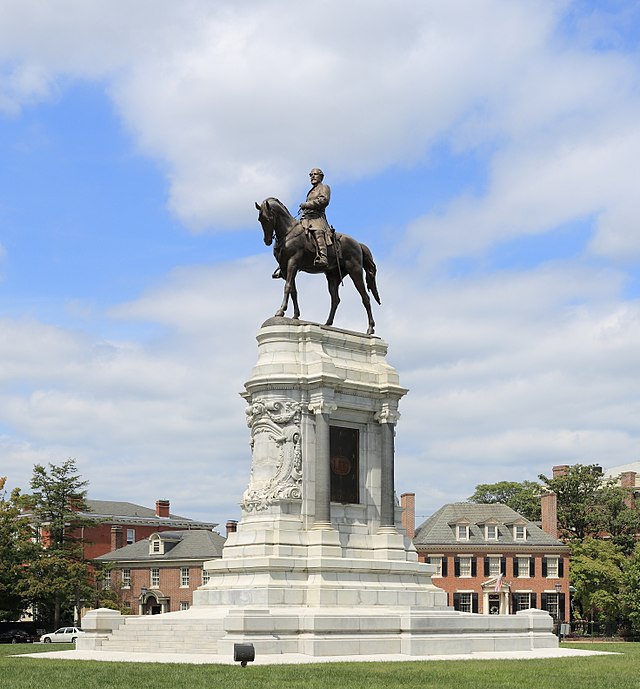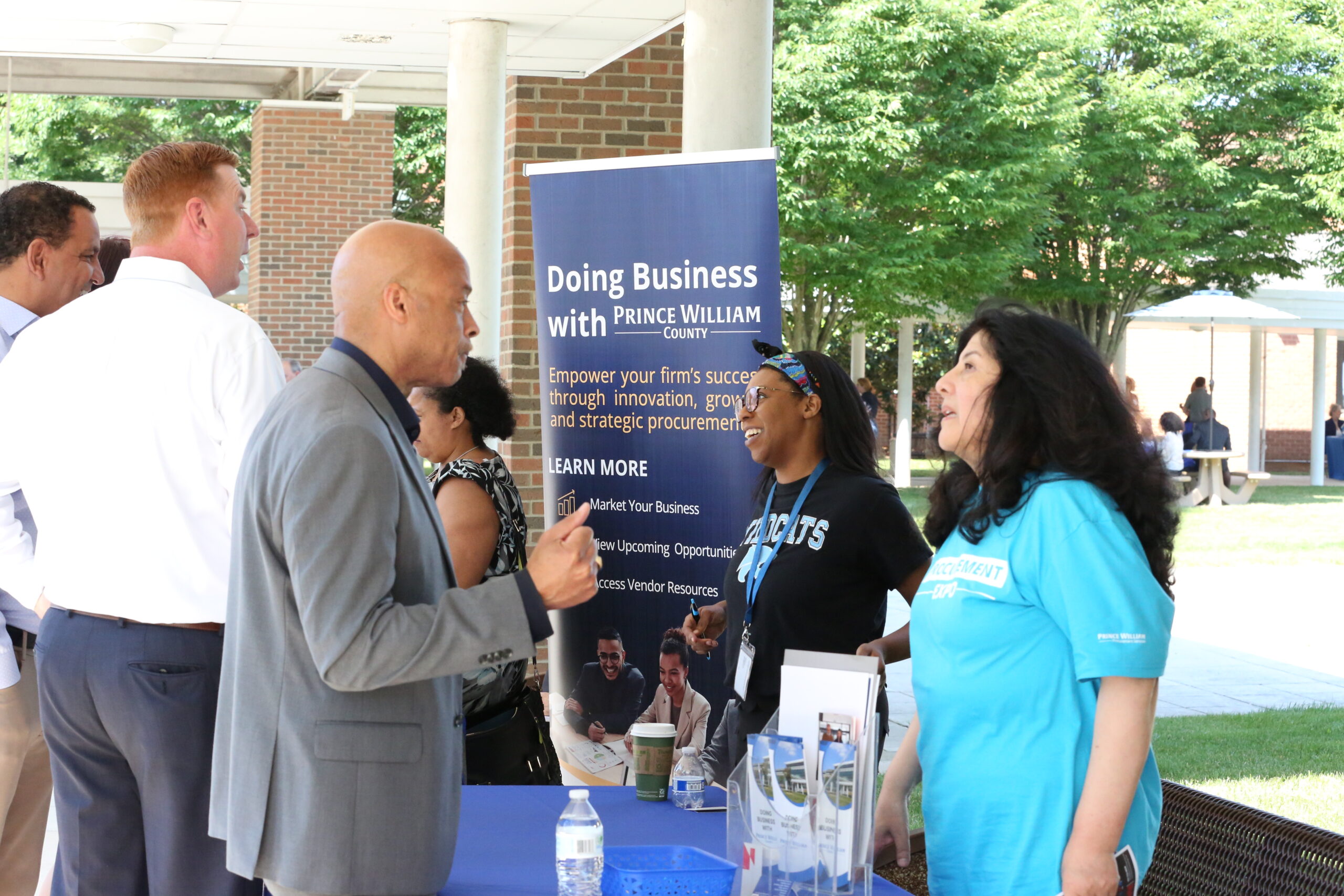Virginia General Assembly votes to scrap Robert E. Lee license plate
by Sarah Vogelson, Virginia Mercury
Legislation that would end Virginia’s issuance of two license plates that honor Robert E. Lee as “The Virginia Gentleman” and spotlight the Sons of Confederate Veterans is headed to Gov. Glenn Youngkin’s desk.
The bill is the second attempt by Del. Candi Mundon King, D-Prince William, to get rid of the Robert E. Lee plate, which was approved virtually unanimously by the General Assembly in 2007 but has become increasingly unpalatable to Democrats eager to cut ties between the modern state and its Confederate past.
“This bill is needed to help us end the false narrative of the Lost Cause and help us embrace the fact that General Lee was anything but a gentleman,” Mundon King said on the House floor earlier this month. “He was a traitor to this country, a brutal enslaver and not worthy of being celebrated on our license plate.”

Last year, Mundon King’s legislation failed in the Republican-controlled House of Delegates. But since then, Democrats have won narrow control over both legislative chambers, and on Tuesday, the Senate voted 21-17 to forward the proposal to Youngkin. The Republican governor will now have to decide whether to allow it to become law.
Asked about the governor’s plans, Youngkin spokesperson Christian Martinez said only that Youngkin “will review any legislation that comes to his desk.”
It won’t be the only bill dealing with Virginia’s Confederate history that the governor will have to make a decision on: On Monday, the Virginia House took a final vote on legislation that would strip the United Daughters of the Confederacy of a unique tax exemption written into state code that has allowed the organization to pay no property taxes on its Richmond headquarters for decades.
Republicans have largely opposed both measures, although a few in the House have backed the license plate bill, including Dels. Amanda Batten, R-James City; Rob Bloxom, R-Accomack; Carrie Coyner, R-Chesterfield; and A.C. Cordoza, R-Hampton, the chamber’s only Black Republican.
On Tuesday, Sen. John McGuire, R-Goochland, said getting rid of the license plates would violate constitutional free speech protections because the license plate program overseen by the state Department of Motor Vehicles “is a modern-day courthouse square” where people can share their views.
“If we pass this bill, a citizen will sue Virginia, and they will use this debate to show the intent of this bill is to kill speech because some in this body did not like the message,” he said.
Del. Tim Griffin, R-Bedford, similarly argued in a House committee debate that the legislation constituted “viewpoint discrimination.”
“The reason that we have First Amendment protections of speech in general is so that we protect speech that not everybody likes,” he said. “There’s an abortion plate on there that I find disgusting personally, but I’m not going to move to remove it just because I don’t agree with it.”
But Mundon King noted the U.S. Supreme Court has ruled states have the right to regulate license plates because they represent government speech, not private speech. That case, Walker v. Sons of Confederate Veterans, freed up Virginia to enforce a law prohibiting specialty Sons of Confederate Veterans license plates from displaying the Confederate battle flag.
Those plates were replaced with a new design that bore the group’s name and the silhouette of three soldiers on horseback. Under Mundon King’s legislation, the state would also stop issuing that design, although holders of both the SCV and Robert E. Lee plates would be free to use them until their expiration date. The changes would affect about 2,300 people: According to the DMV, there were 1,783 Robert E. Lee plates and 543 Sons of Confederate Veterans plates in circulation as of Feb. 27.
“We also make decisions on these plates all the time,” said Mundon King. “And what I’m simply asking is that we make a decision to leave the Confederacy in history books and not on license plates and not continue to venerate someone who is not worthy of being honored.”
Virginia Mercury is part of States Newsroom, a nonprofit news network supported by grants and a coalition of donors as a 501c(3) public charity. Virginia Mercury maintains editorial independence. Contact Editor Sarah Vogelsong for questions: info@virginiamercury.com. Follow Virginia Mercury on Facebook and Twitter.



